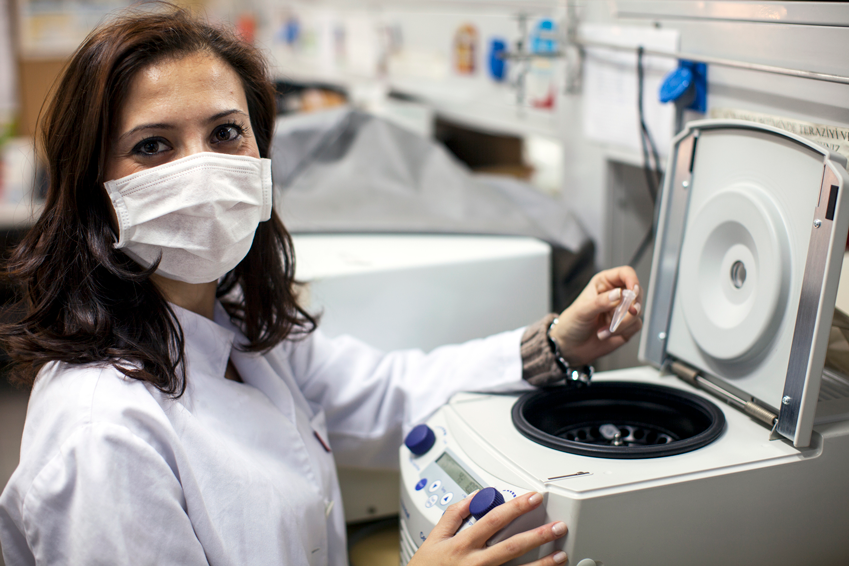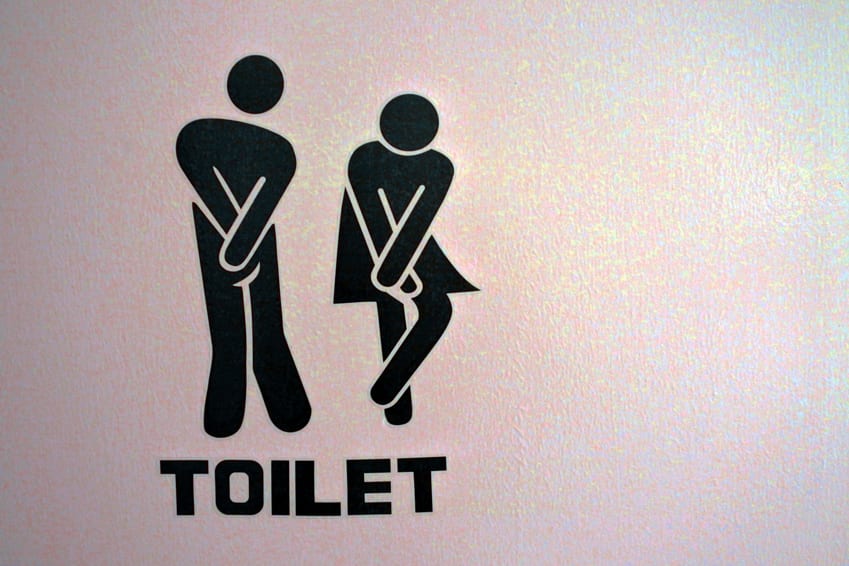Bladder urgency, pain and discomfort is a more common issue as we grow older – but is there an effective treatment?
Recent breakthroughs in the field of stem cell therapy have made waves, promising to help alleviate the symptoms of a common condition known as Interstitial Cystitis (IC).
What Is Interstitial Cystitis?

Normally, when the bladder fills up with urine, the nerves in that organ send signals to the brain, creating the feeling of urgency. Interstitial cystitis, however, triggers “phantom” signals that are sent to the brain prematurely, i.e., before the bladder is full or even when the bladder is empty, causing the familiar rushes to the bathroom.
IC’s other side effects include feelings of inflammation and pain in the bladder and adjacent areas of the body, including the lower back and abdomen.
The results – IC’s symptoms can interrupt normal lifestyles and cause embarrassment and anxiety for the sufferer. It is estimated that approximately 0.5% of all people (in Europe and the U.S.) are affected by IC, with women typically affected five times as often as men, with onset normally occurring in middle age.
Here’s a compelling look at the life of a typical IC/BPS patient from Lifetime‘s show The Balancing Act…
IC’s Treatment Horizon
The exact causes of IC are not known, the possibilities, numerous, so treatment is often very individualized. Various medications have been proven effective in suppressing feelings of urgency. Yet, no remedy has been found to completely cure the condition.
Stem cell therapy is a promising technology that may significantly reduce IC symptoms, vastly improving the lives of sufferers.
Recent findings suggest that stem cell therapy can contribute to a return to normal. In a study published this past August, stem cell-rich material, stromal vascular fraction (SVF) derived from the patients’ adipose (fat) tissue, was strategically inserted into the pelvic area of over 100 men and women suffering from IC. Over the course of the next two years, patients were asked about the quality of life and other factors every three months.
After just a year, 78 patients reported a positive response, with “minimal adverse effects associated with the harvesting, procurement, and clinical deployment of SVF.” The study ultimately produced a success rate of over 70%, as subjects typically reported significant decreases in discomfort and urgency.
The Bottom Line

While still in need of further research, it’s hard to ignore the potentially life-changing effect that stem cell therapy might provide to those with interstitial cystitis. Though it is still very early in the process of widespread practice, stem cells could alter the entire discussion when it comes to bladder issues.
Until then, it would behoove victims to monitor developments in this field closely and explore stem cell therapy as a potential solution with qualified practitioners.

